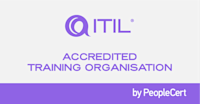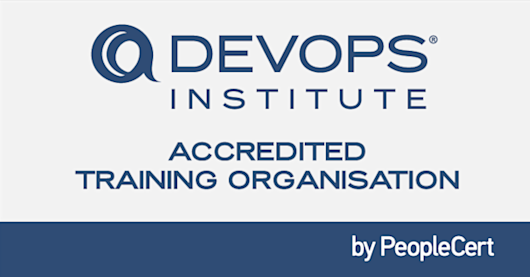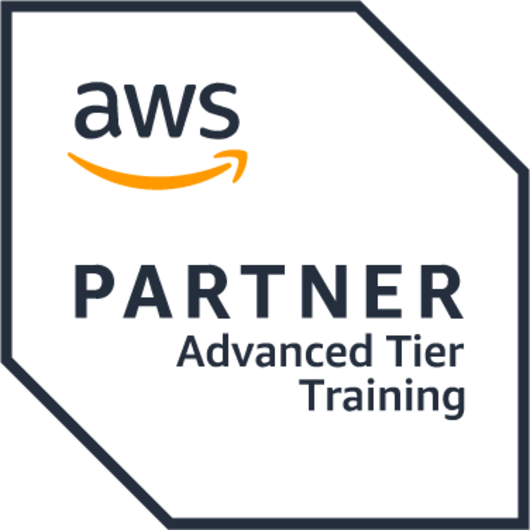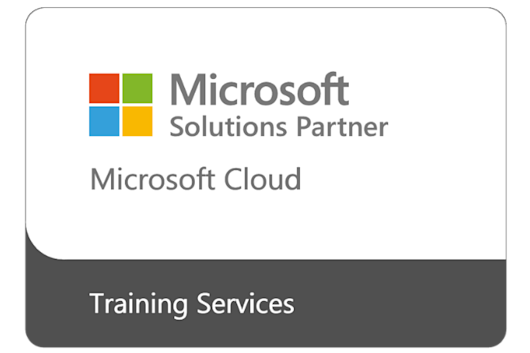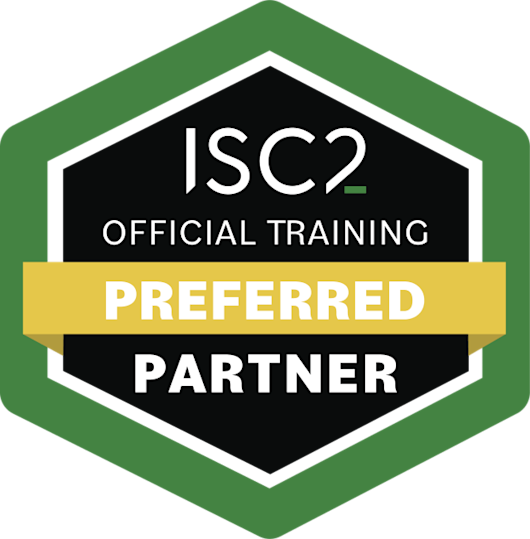What is ITSM and how do you get a certification?
IT service management is the key that unlocks the value from your IT investments.
Most organisations today rely upon IT to enable them to achieve their company vision, business strategy and goals.
According to Axelos, organisations use IT to:
Revolutionise the way they operate, communicate and do business
Develop and innovate, gain market advantage and differentiate themselves in the eyes of their end customers
Drive increased productivity and efficiency, improve business processes, make cost savings and increase sales and growth
Communicate with a larger, more global marketplace
The quality of an organisation’s IT is reflected in its reputation and brand, and has direct impact upon sales and revenue. The cost of IT is never insignificant – it is essential to get good value from IT investments, but often this value is not realised.
For an IT investment to provide benefit, the resulting IT service must be well planned, well designed, well managed and well delivered.
That is what the practice of IT service management is about.
IT service management is:
The professional practice of planning, designing, developing, delivering and optimising IT services that are both fit for purpose and fit for use, thereby providing the best value and return on investment for the organization that uses them
A specialised discipline, which includes the processes, methods, activities, functions and roles that a service provider needs in order to deliver IT services that provide business value for customers
A growing profession of people, skilled and committed to delivering high-quality IT services which bring measurable value for businesses
Good IT service management is essential to achieving business benefits from IT at an agreed and controlled cost. Without good IT service management, it is common for IT projects to fail or go well over budget at project stage, for ongoing IT costs of ownership to spiral out of control, and for businesses to fail to achieve the benefits they expected.
Good IT service management is the key that unlocks the value from your IT investments.
IT Service Management (ITSM) certifications are for professionals looking to improve information systems processes, minimising disruptions to the business and delivering further customer value.
To attain the ITSM certification, candidates need to ensure that they get the proper IT service management course to enable them to confidently handle the examination.
ITSM courses run from three to five days. But some people do self-paced study for up to six months before taking their exam.
When booking a course, you also factor in the IT Service Management (ITSM) Tools you use in your consultancy projects or within your organisation. ITSM tools enable IT operations groups, specifically infrastructure and operations (I&O) managers, to better support the production environment. They support in facilitating the tasks and workflows associated with the management and delivery of quality IT services.
